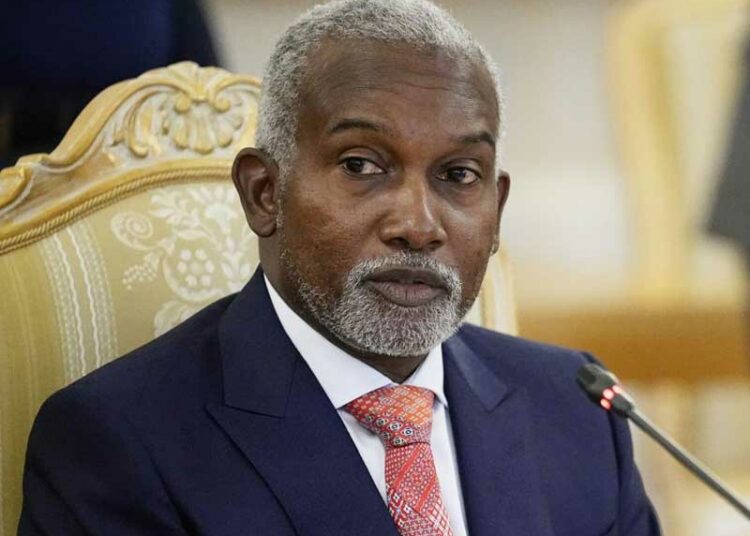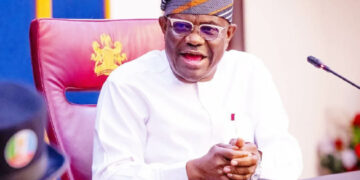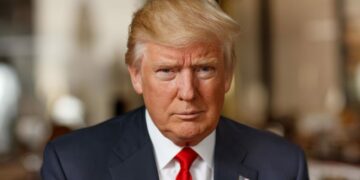Minister of Foreign Affairs Yusuf Tuggar has emphasised that the process of implementing international agreements and Memoranda of Understanding (MoUs) requires patience and strategic planning, dismissing expectations of instant results.
Speaking to reporters about the outcomes of President Bola Tinubu’s diplomatic engagements with France, Tuggar described the visit as a “resounding success” while urging a long-term perspective on Nigeria’s international partnerships.
“We shouldn’t be looking at diplomacy and international relations and interaction between countries as if it is buying and selling in the market,” Tuggar stated. “It takes time. First, there has to be a framework after the MoU.
Then there have to be agreements, and with those agreements, there have to be agreements between businesses.”
Tuggar highlighted the government’s role as an enabler, creating an environment for businesses to thrive on opportunities made possible by such agreements.
“This is what we are doing,” he said, pointing to reforms aimed at making Nigeria more attractive for foreign investments.
The minister outlined significant achievements from the trip, including a $2.4 billion investment in agriculture secured during the G20 summit in Brazil and multiple MoUs signed in France.
President Tinubu, he said, emphasised food security as a top priority during discussions with French President Emmanuel Macron, who responded positively.
“The president has emphasised its importance to his administration and the fact that food security is paramount,” Tuggar noted, adding that “Macron has responded.”
Discussions extended to critical minerals, a revelation that captivated the French delegation.
Tuggar explained that Nigeria’s minister of solid minerals showcased the country’s vast reserves of critical minerals, particularly lithium. “It was a revelation to France,” he said.
“President Macron was exceedingly excited about that and immediately pushed for another MoU to be drafted and passed to the Ministry of Justice.”
Beyond agriculture and mining, the talks included infrastructure development and clean energy, including solar power and non-military nuclear energy.
“Even on infrastructure, President Tinubu emphasised the interest Nigeria has in collaborating on safe, non-military nuclear energy, and the president of France responded positively,” Tuggar said.
On security, Tuggar noted a significant shift in France’s approach to West Africa. President Macron acknowledged past mistakes and sought Nigeria’s input.
“The French have acknowledged that in terms of security, mistakes were made in the past, and they need Nigeria to be part of any initiative and help they want to render to the security of West Africa and the fight against terrorism,” he said.
Tuggar also underscored domestic reforms designed to create a conducive environment for investments.
He highlighted the recently signed Electricity Act, which enables states to set up power generation, distribution, and transmission systems. “States and businesses are already taking advantage of that,” he noted.
On tax reforms, Tuggar addressed misconceptions, explaining that the proposed Tax Reform Bill aims to consolidate rather than increase taxes.
“It’s not designed to increase tax but to consolidate it because we have so many taxes that businesses have to pay,” he clarified. “President Tinubu said, ‘Let’s reduce them so that they can be more comprehensible for businesses and more attractive’.”
Reflecting on the visit’s outcomes, Tuggar reiterated the need for patience in diplomacy. “Government provides that enabling environment,” he said. “But we must understand that these things take time. They are not immediate transactions.”





